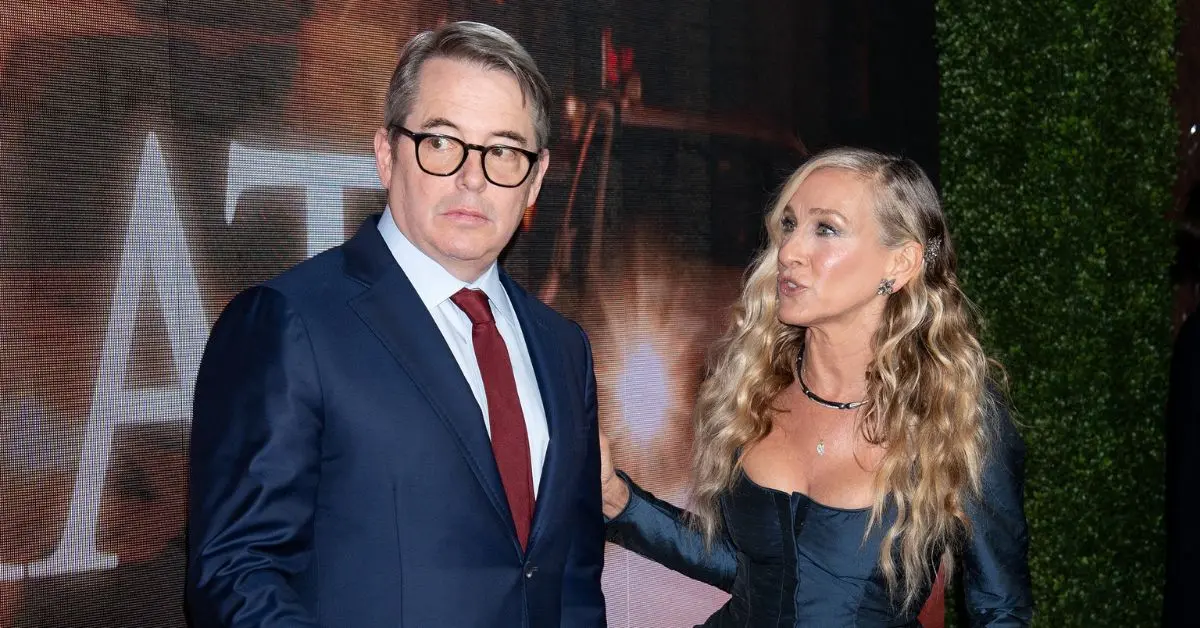
India has the fourth highest number of PhD graduates globally, according to the Organisation for Economic Co-operation and Development. A number of these students come from regions where universities do not have the resources to subscribe to journals. A PhD student has to read hundreds of papers and books to complete research. How can students, who already suffer resource constraints, and get a stipend of ₹20,000-35,000, be asked to spend $20-3,000 (₹17,000-2.64 lakh) to access a paper online? This cannot be the norm.
Blocking access to knowledge
In August, the Delhi High Court ordered the blocking of free access sites — SciHub and Libgen. This triggered a debate over the rights of students and the scientific community, particularly in the Global South, in accessing knowledge. The sites were blocked on grounds of copyright infringement, based on a plea filed by three of the biggest academic publishers in the world, which corner 40% of the market.
Academic publishing is a business where publishers do not create content or review its quality. Instead, they benefit from the free labour of the research community, which is paid for by taxpayers or student fees. In short, multi-billion dollar companies are able to block access to scientific knowledge to the vast majority of the world.
So, who is committing the real theft? A 2021 study published by the Journal of Scientometric Research found that India accounted for 8.7% of the total download requests on SciHub, amounting to over 13 million, in 2017. Of these, 19% were related to the medical and health sciences. Access to such information allows students and professionals to build on existing knowledge and customise it to their local needs in regions plagued by inaccessibility and deficit in resources.
MSF (Doctors Without Borders) has witnessed the painful health realities of countries in the Global South. Overburdened systems are unable to meet the growing needs of communities that are often underserved in the face of systemic gaps, climate disasters, and violence. Medicine is not absolute; it evolves with the world around us. As our environment changes, our bodies adapt, and organisms evolve, the healthcare sector demands constant innovation, research, and deeper understanding of ground realities to deliver the best practices and treatment plans.
MSF teams, especially those treating patients with drug-resistant TB and antimicrobial-resistant HIV, have seen how disease patterns can evolve and shatter remote communities. For best results, health experts must work on complex treatment plans, customised to the patient’s needs, which differ depending on cost, severity of infection, geography, malnourishment, age, and co-morbidities. The fact that two-thirds of TB cases are reported from eight countries, all in the Global South, where patients are struggling to access effective treatments that are at least a few decades old, means fighting these diseases is a matter of equity and justice.
Like medicine, knowledge should never be a luxury commodity. Currently, corporate forces overwhelmingly gatekeep scientific knowledge — whether it is in increasingly corporatised universities, or through corporate-funded research and journals. The primary motive is profits, and the resultant practices are ownership of human knowledge within patents and intellectual property rights. This exclusionary system has a narrow understanding of what knowledge is. Universities have started seeking out researchers who have already published papers in well-known journals instead of seeking research that benefits the most underserved.
In addition to advocating for open access, it is also important to recognise the knowledge gathered by grassroots communities. The Global South is otherwise often treated as an exotic field site for researchers from the Global North. There is gross under-representation of researchers from the Global South in authorship; they are typically reduced to field assistants, while the so called ‘cerebral’ work is relegated to those from the Global North. This is particularly concerning as issues in the Global South are conceptualised under Global North-centric language.
Collective efforts
The Global South is disproportionately impacted by increased protectionism, violence, climate disasters, displacement, inaccessibility, drug resistance, and more. These challenges demand collective efforts from governments, innovators, and health experts. During the COVID-19 pandemic in 2021, 193 member countries of UNESCO, including India, adopted the first international framework on open science, to make science transparent and accessible and enhance international scientific cooperation. However, just a few years later, multi-billion dollar publishers continue to hold knowledge at ransom.
We are producing an artificial scarcity of knowledge, which is otherwise an infinite resource, a commons. Science is already produced as a collective exercise; it must be recognised as such. Even research conducted in the Global South is inaccessible to the people who participate in these studies. As a society, we need to exert pressure on publishers and governments to open channels for easy access to scientific information. If we are to have a fighting chance at facing the health implications of war, climate crisis, drug resistance, and systemic inequities, we must dismantle paywalls and stake claims on knowledge as commons.



